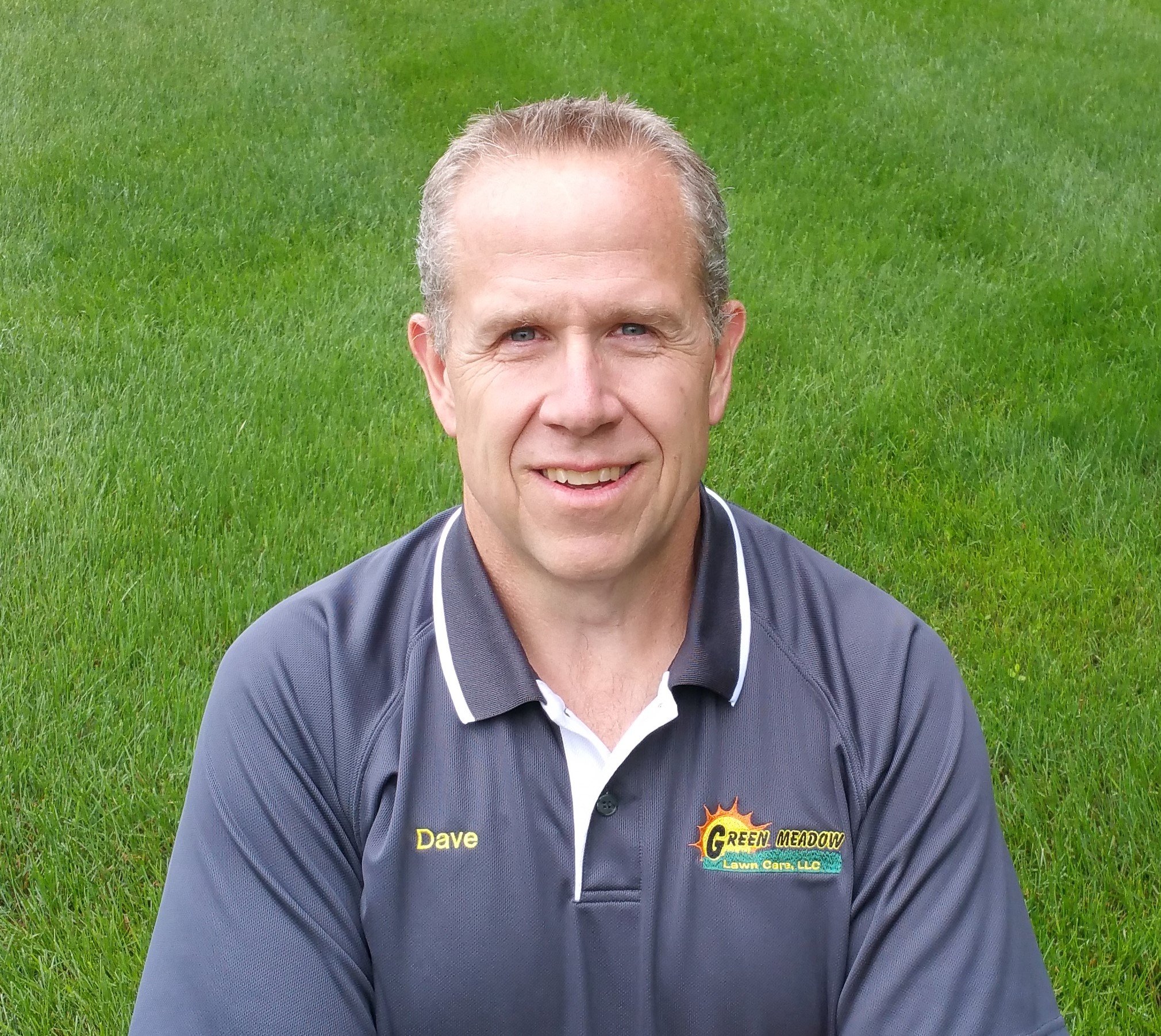A tick’s life cycle occurs over the span of the year. Our goal? To disrupt it. When we treat for ticks, whether it’s a DIY method or a commercial application, our goal is to understand their life cycle so we know how to disrupt it.
Stages of a Tick's Lifecycle:
- Eggs: An adult female tick will lay her eggs in early spring. As the temperatures warm, eggs will hatch. This hatching period can take up to 60 days. Once ticks hatch, they survive by finding blood meals to survive. One adult deer tick can lay around 2,000 eggs.
- Larva: In the larva stage, a tick has 6 legs instead of 8. Young ticks will look for their first meals on small mammals. This larva will then lay dormant through winter.
- Nymph: A nymph comes out of winter dormancy (with 2 new legs!) and will be more active through spring and summer months, now feeding on larger mammals. Nymphs are very small and hard to detect at this time (about the size of a poppy seed).
- Adult: Adult ticks wait for their hosts on tall grass and shrubs. They will feed, mate and begin this cycle again.
Timing for Tick Applications:
Begin treating for ticks in Spring when ticks lay their eggs. You want to wait until all snow has melted and the ground is dry.
The goal here is to eliminate ticks before they lay their eggs and decrease next year’s population.
For best results, tick treatments should continue throughout summer and fall and be spaced out about 6-8 weeks apart to target each life cycle of a tick.
4 Tick Spraying Methods Compared:
- "The hose attachment": This can be purchased at your local hardware store. This is an effective way to treat small areas that don't have a lot of ins and outs and areas that are hard to reach.
The reach is limited and the product tends to get all over the place (including on you). Control is okay but a lot of effort is needed to get good coverage..png?width=302&name=Untitled%20design%20(6).png)
- "The pump sprayer": You wear this one as a backpack and hand pump it. This method requires less set up than the hose attachment and it allows you to walk freely throughout areas that are difficult to reach. The limitation is that it has very little reach and sprays very little volume. Saturation is very difficult to achieve thus good coverage can be difficult.
.png?width=312&name=Untitled%20design%20(7).png)
- "Backpack mist blower" This is a method used by many lawn care companies, including franchises. This is a good way to treat for ticks and has more available distance than the hose attachment and pump sprayer.
Most mist blowers back packs will only hold up to 4 gallons of mixed product so good saturation can be limited because of this. The reach is also limited so getting to those far away nooks-and-crannies can be difficult..png?width=318&name=Untitled%20design%20(8).png)
- "Commercial grade high pressure sprayer" This is another method used by professionals. This is the most effective way to treat for ticks. It provides great cover and heavy saturation at distances of up to 30 feet away. It allows you to minimize, if not completely eliminate the "gaps in coverage". For the most effective way to keep your family safe from ticks, this is by far the best tool.
.png?width=308&name=Untitled%20design%20(9).png)
Bottom line: Your family's health and well-being is on the table when deciding which way to treat for ticks. All of these methods will get you closer to that point where you can feel safe to use your property without the threat of ticks. The better the coverage, the less you to worry about your pets and your family becoming infected with one of many different tick-borne disease that are running rampant throughout the Northeast.
Related Articles:
- How to Get Rid of Ticks vs Mosquitoes in my Yard
- Are Ticks Alive During Winter?
- How Much Does Tick Control Cost?
Since 2007, Green Meadow Lawn Care has provided homeowners throughout the greater Tolland, Connecticut area with premium fertilization programs, tick control, mosquito management, seeding & aeration and tree & shrub care.
Visit our Learning Center to find out more about how our services can help you or visit our Youtube Channel to view more in our Learning Center Series.
To speak to our Customer Service Manager, please call Dave (view Dave's video bio here) with any questions. Dave has been in the industry for 30 years and is always happy to help with his expert advice.
860-870-5700




